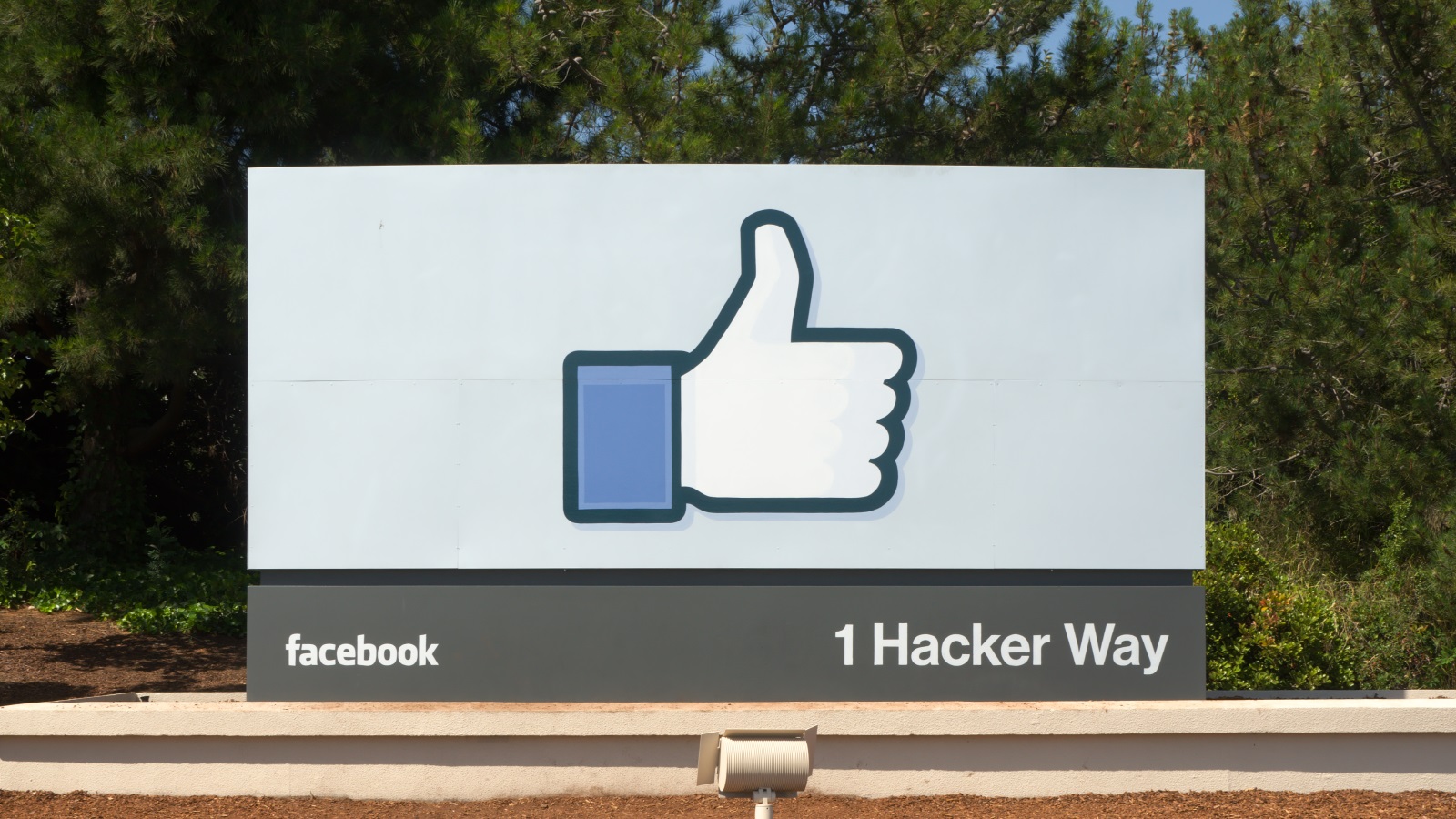 NEWS
NEWS
 NEWS
NEWS
 NEWS
NEWS
![]() Facebook Inc. embraced the app as a platform trend at the F8 Conference Wednesday with a new announcement that aims to make Facebook a one stop destination for just about everything.
Facebook Inc. embraced the app as a platform trend at the F8 Conference Wednesday with a new announcement that aims to make Facebook a one stop destination for just about everything.
According to the official announcement, the Messenger Platform will enable developers to build apps that integrate with Messenger, so users can find “new, fun ways to express themselves with GIFs, photos, videos, audio clips and more.”
If that sounds a little vague, a better way would be to describe it as something between what Snapchat Inc. is offering, with its “apps within apps,” curated third party content platform, combined with LINE’s offering of multiple services from within the app, but in this case, seemingly with the ability for any third party provider to build a service that works within Facebook’s Messenger app, an app within the app if you like.
Facebook is pitching the Platform as a way of providing “developers with growth and reengagement opportunities” while encouraging “increased app engagement.”
There’s an eclectic range of early developers on board, ranging from ESPN and The Weather Channel, through to Meme Generator and Giphy among others, with a total of 40 on board at launch.
Facebook is far from the first to try to offer apps within apps. China’s WeChat service allows users to book taxis, pick cinema seats and find nearby restaurants, while Japan’s LINE also offers a similar, and growing range of services.
As we’ve covered previously, Snapchat has also launched apps within their app, although in that case it’s currently curated news, but it still has a familiar end result: users access information on services from third parties from within another app, versus say using an app from the actual provider.
One perhaps more interesting (or nefarious, depending on your overall view of the idea) is that along with general support for third party apps on the platform, Facebook is also allowing Internet of Things (IoT) companies to use the Parse software developer kit (SDK) from their fully owned Parse Inc. division to build apps on the platform to operate internet connected things.
Parse co-founder and CEO Ilya Sukhar said in one interview that the IoT ecosystems are more like the pre-iPhone days in that there were divergent systems, whereas the Facebook Platform could potentially be the iPhone of the IoT space.
“When iPhone came out, developers flocked naturally to iOS,” Yu said. “In IoT land, there’s not something like that right now. Maybe there will be in the future, I don’t know, but that’s why it’s very critical that it’s an open strategy.”
Facebook’s grand plans for turning its Messenger app into the be-all and end-all one stop shop makes sense when you consider that, be it in slightly different ways, Snap, LINE, WeChat and others are already pushing in this direction; provide your users everything they could want and lock them into your app could be the mantra of the times.
But will developers trust Zuckerberg given Facebook’s previous appalling form when it comes to its treatment of third party developers providing services for Facebook?
It’s not that many years ago now that Facebook’s core platform was being spoken about in similar terms, with thousands of developers, some complete with billion dollar valuations (anyone recall Zynga Inc.?) were providing a wealthy variety of third party apps for Facebook.
Rumor has it that some still exist (well, unless Candy Crush game invites are automated spam) but having nourished a vibrant ecosystem of third party apps, Facebook woke up one day and decided to basically cripple them all as, for whatever reason (there’s still no uniform opinion on the why), it decided to make once vibrant businesses and apps lose hundreds of millions of users in short shrift.
While an open Platform strategy works brilliantly in bringing in services, it’s only as good as the company, providing it keeping its word that it won’t turn around one day and decided to crack down on it, or severely limit it.
Facebook, not unlike Twitter Inc. as well, has a poor track record here.
Support our mission to keep content open and free by engaging with theCUBE community. Join theCUBE’s Alumni Trust Network, where technology leaders connect, share intelligence and create opportunities.
Founded by tech visionaries John Furrier and Dave Vellante, SiliconANGLE Media has built a dynamic ecosystem of industry-leading digital media brands that reach 15+ million elite tech professionals. Our new proprietary theCUBE AI Video Cloud is breaking ground in audience interaction, leveraging theCUBEai.com neural network to help technology companies make data-driven decisions and stay at the forefront of industry conversations.